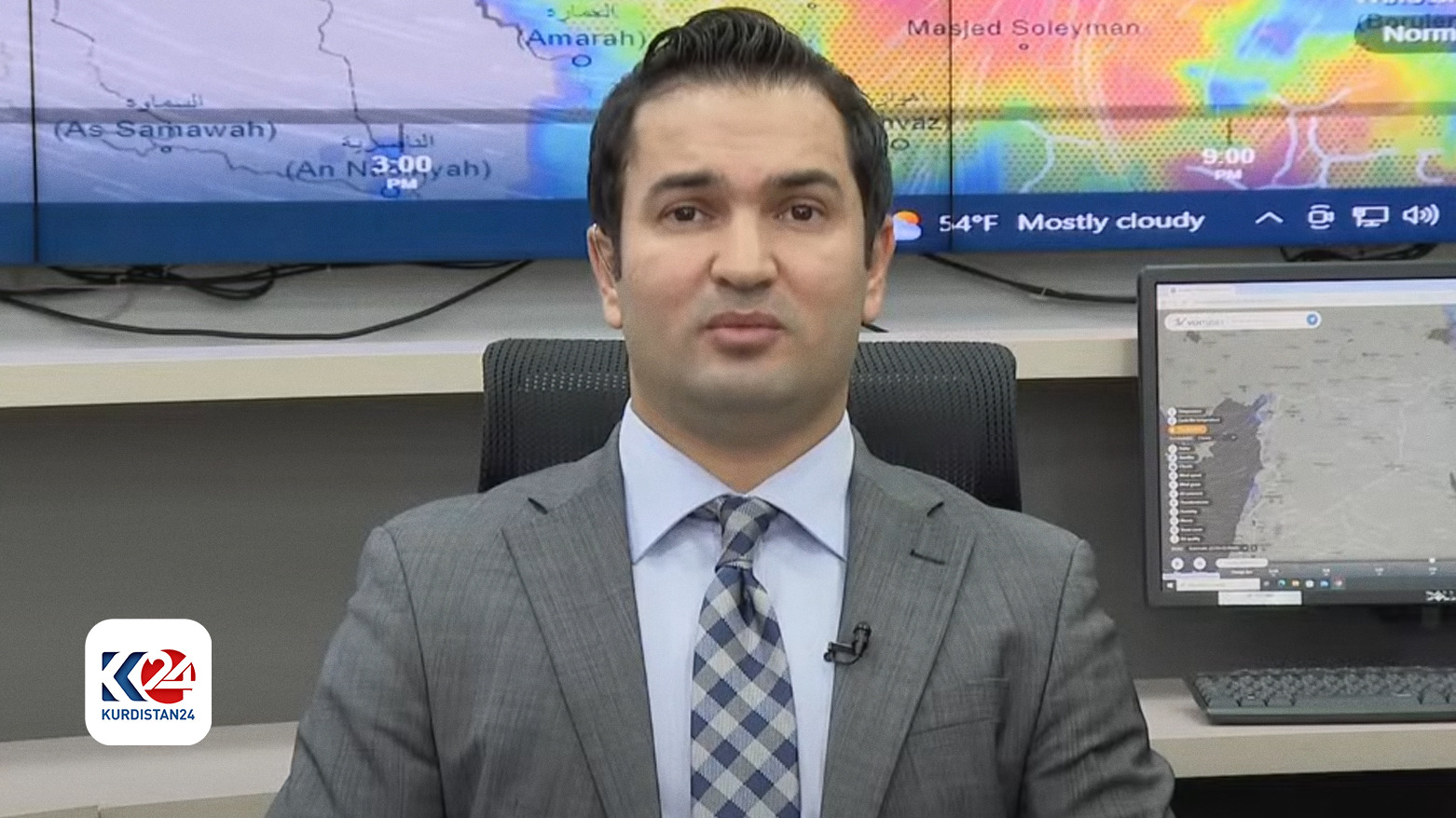KRG hosts 902,000 refugees, collaborative efforts underway for return process

ERBIL (Kurdistan 24) - Ali Saeed, Director of Data and Information at the Coordination and Crisis Center of the KRG, stated on Monday that about 630,000 individuals have been registered as internally displaced persons (IDPs) in the Kurdistan Region of Iraq. Among them, 158,000 live in 24 camps—six in Erbil, 15 in Duhok, and one in Sulaimani.
There are 902,000 refugees in the Kurdistan Region, with the majority residing in cities and towns governed by the Kurdistan Regional Government (KRG).
Saeed mentioned, "Of the total refugee population, 30 percent reside in camps, while 70 percent live outside in urban areas alongside host communities."
Efforts to facilitate the return of refugees are led by the Kurdistan Regional Government, the Ministry of Interior, the Joint Crisis Coordination Center, and in collaboration with the United Nations and international organizations, as well as federal government agencies. Following the incursion of the terrorist group ISIL, nearly two million refugees sought shelter in the Kurdistan Region.
Initially, 58 camps were established to accommodate IDPs during both the first and second phases. However, approximately 630,000 individuals remain as refugees in the Kurdistan Region.
Among the registered refugees, there are around 230,000 Syrians, contributing to the total count of 902,000 refugees, with the majority residing in the Kurdistan Region.
Refuting accusations made by the Iraqi government against the Kurdistan Region, Saeed stated that they are unfounded. He emphasized that the, “collaborative efforts with international entities, including the United Nations High Commissioner for Refugees (UNHCR), and reiterated the commitment to facilitating the return process since 2014.”
